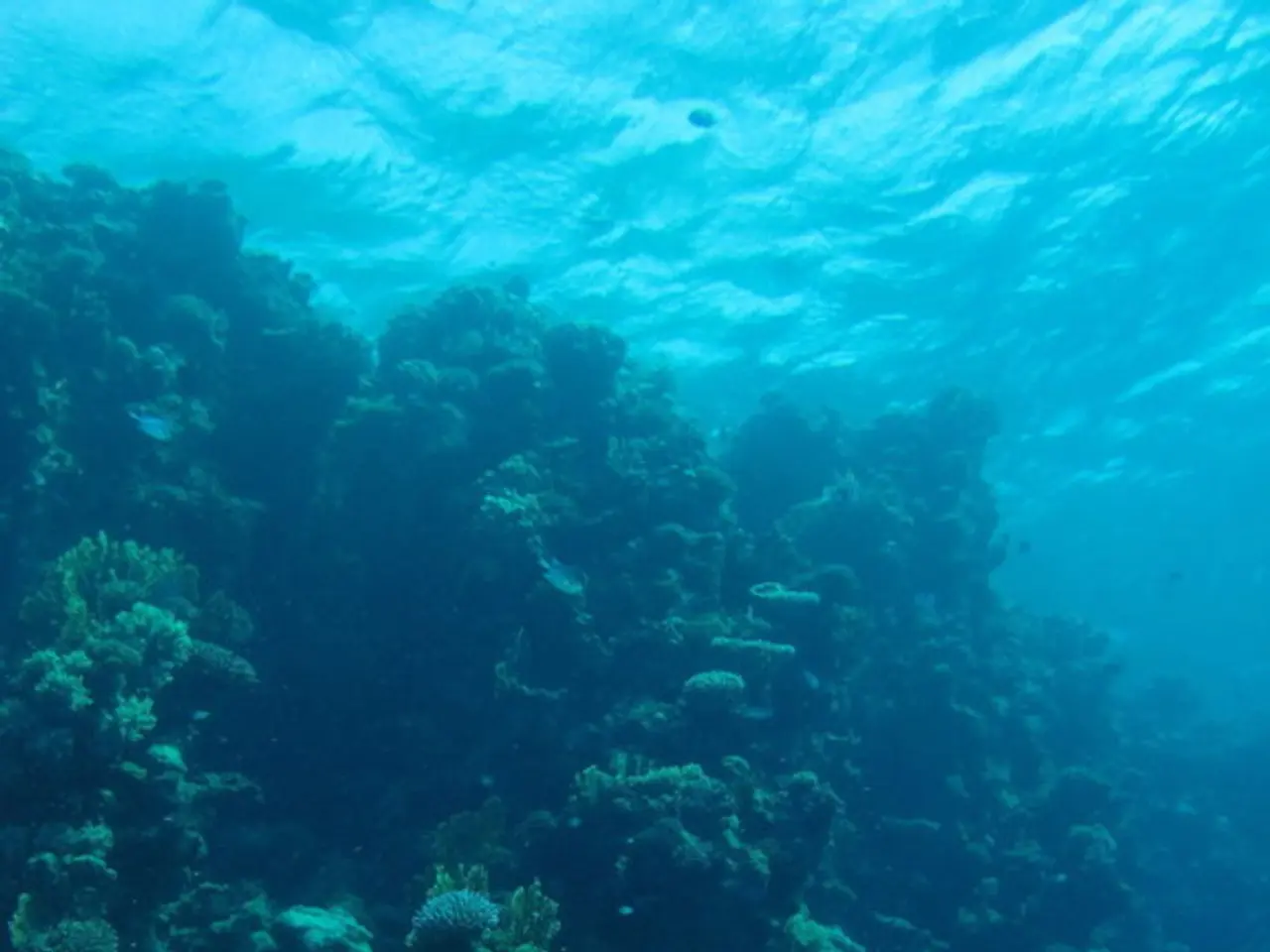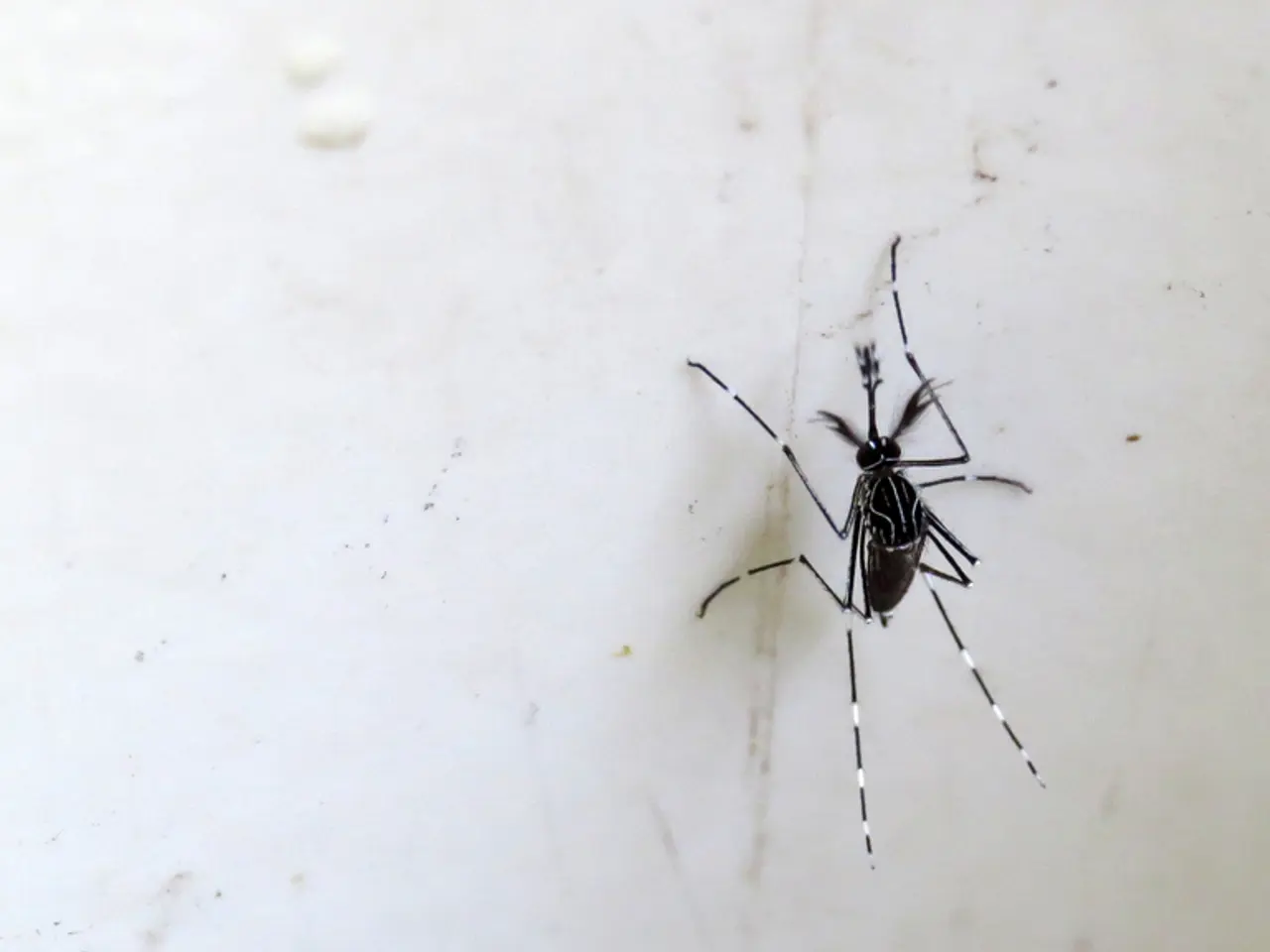Deep-sea sediments, investigated by Scripps scientists, considered a substantial source for novel medical drugs.
The University of California, San Diego (UCSD) has made significant strides in the field of marine biotechnology, with recent research highlighting the discovery of novel antibiotic and cancer-treating compounds derived from deep ocean sediment actinomycete bacteria.
Led by Professor William Fenical, the UCSD team has unearthed a new genus of bacteria, Salinospora, which are a type of actinomycete bacteria found in tropical and subtropical oceans, but never seen before on land. These bacteria have proven to be a rich source of bioactive secondary metabolites, offering promising leads in the fight against antibiotic resistance and cancer.
Novel Antibiotic Compounds
The UCSD researchers have isolated several new antibiotic molecules from Salinospora bacteria found in deep ocean sediments. These compounds show activity against multi-drug resistant bacterial pathogens, a significant development in the ongoing battle against antibiotic resistance. The unique conditions of the ocean sediment environment have helped uncover chemical structures not typically observed in terrestrial microbes.
Cancer-Treating Agents
Some of the newly identified molecules exhibit potent cytotoxic activity against cancer cells. The research focuses on determining mechanisms of action, which include interfering with cancer cell growth and inducing apoptosis. These compounds expand the chemical diversity available for anticancer drug development.
Intriguingly, out of 100 strains of Salinospora bacteria tested, 80 percent produced molecules that inhibit cancer cell growth, and roughly 35 percent revealed the ability to kill pathogenic bacteria and fungi.
Genome Mining and Cultivation Techniques
The UCSD team employs advanced genome mining strategies and cutting-edge microbial cultivation methods to access the previously "unculturable" actinomycete species in deep-sea sediments. This approach maximizes the discovery of new bioactive metabolites.
Collaborations and Multidisciplinary Approaches
The work combines expertise in marine microbiology, natural product chemistry, genomics, and pharmacology to transform initial discoveries into potential therapeutic candidates.
Commercialization and Future Developments
The discoveries made by Fenical's group have been patented by the University of California and licensed to Nereus Pharmaceuticals Inc. for subsequent development. Kobi Sethna, president and CEO of Nereus Pharmaceuticals, states that these discoveries could provide the next great source of drug discovery for the pharmaceutical industry. Nereus Pharmaceuticals is a four-year-old biotech company in San Diego, Calif. dedicated to the development of new drugs from this new source for drug discovery.
The new compound, Salinosporamide A, discovered by Fenical's group, is a potent inhibitor of cancer growth, including human colon carcinoma, non-small cell lung cancer, and breast cancer.
The research at UCSD is funded by the National Science Foundation; the National Cancer Institute of the National Institutes of Health; the University of California BioSTAR project; and the Khaled Bin Sultan Living Oceans Foundation. Tracy Mincer, Paul Jensen, Christopher Kauffman, Robert Feling, and Greg Buchanan are coauthors on the papers published by Fenical's group.
While the context does not provide specific details about Mario Aguilera's role in these discoveries, it is clear that the fields of biotechnology, biomedicine, and oceanography are all associated with his work. However, further information on Mario Aguilera's educational background, qualifications, or specific research and projects in these fields is not available in the provided context.
- The UCSD team, led by Professor William Fenical, has discovered new antibiotic compounds from Salinospora bacteria found in deep ocean sediments, offering promising leads in the fight against antibiotic resistance, particularly against multi-drug resistant bacterial pathogens.
- Some of the newly identified compounds exhibit potent cytotoxic activity against cancer cells, and these novel cancer-treating agents expand the chemical diversity available for anticancer drug development, potentially aiding in the treatment of human colon carcinoma, non-small cell lung cancer, and breast cancer.




